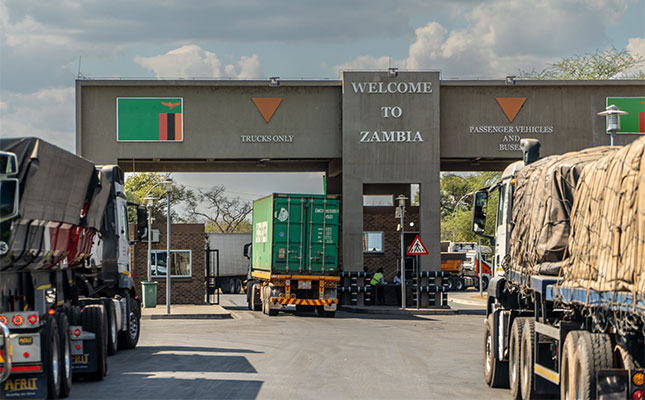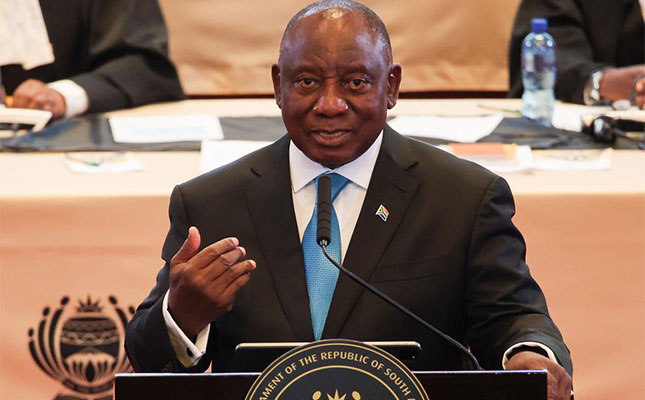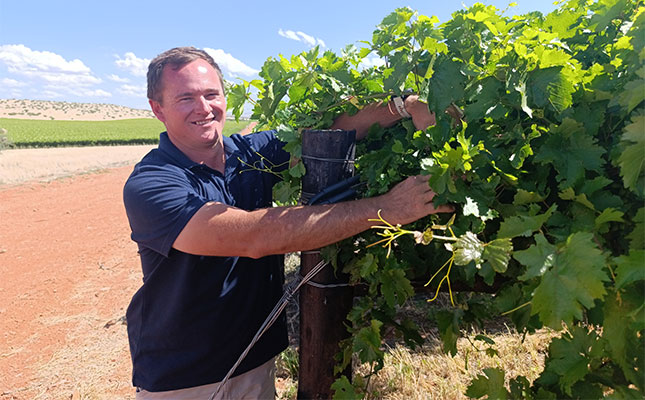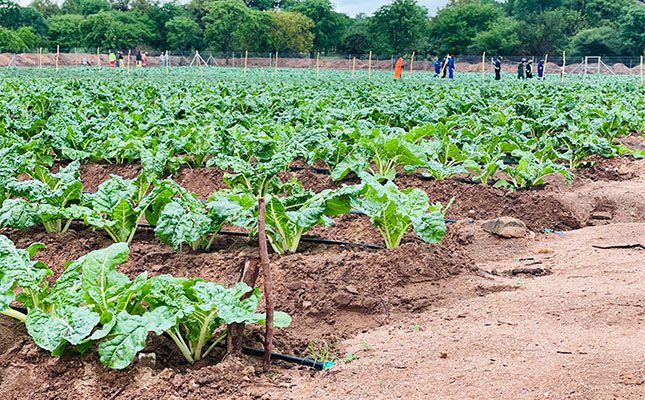
The gazette states that the block exemption is aimed at supporting Phase 2 of the Sugar Value Chain Master Plan 2030 (SMP). The plan was developed to prevent the collapse of South Africa’s sugar industry after demand for local sugar dropped due to cheaper imports flooding the market.
The block exemption allows sugar growers, millers, retailers, and food and beverage manufacturers to work together on key issues without contravening competition laws.
This means stakeholders can collectively plan how much sugar should be bought locally, set offtake targets, work on price frameworks to stabilise the local market (without fixing retail prices), and collaborate on diversification projects like biofuels, plastics, and renewable energy.
According to the gazette, an independent facilitator appointed by the Department of Trade, Industry and Competition (the department) will oversee the process to make sure it is fair and transparent.
Protecting jobs and supporting rural economies
The exemption will last five years and is designed to protect jobs (about 65 000 in the industry and over one million livelihoods linked to sugar cane farming), support small-scale and black farmers, and strengthen rural economies in KwaZulu-Natal and Mpumalanga.
However, it does not allow for collusion on consumer prices, dividing up markets, or rigging tenders.
Speaking to Farmer’s Weekly, South African Sugar Association (SASA) CEO Sifiso Mhlaba said the association welcomed the gazetting of the block exemption.
“One of the apex priorities of the [sugar] master plan is the optimisation of the local market. The block exemption seeks to do exactly that, ensuring the increased procurement of locally produced sugar.
“This crucial development will anchor the industry on a journey towards product diversification, transformation, and sustainability. The exemption further allows for collaboration on identification of diversification projects,” he said.
Emphasis on inclusion
He also highlighted the industry and SASA’s focus on inclusion. “Phase 1 of the master plan cemented the foundational role of black small-scale growers [SSGs], and we have put in place a comprehensive strategy to ensure their sustainability through the processes related to Phase 2.
“We are intentional about the empowerment of SSGs, as evidenced by our R1 billion transformation plan that has kept them in farming and increased their [sugar] cane production. Over the next five years, we will be allocating a further R2 billion to support black SSGs.
“SASA is fully supportive of the process and optimistic that it will produce outcomes that will satisfy all parties involved,” he said.
Looking ahead, Mhlaba said any possible challenges would be identified collectively by all social partners. “Hence, these discussions are very important and will have a significant impact on Phase 2 of the master plan,” he added.
The South African Canegrowers’ Association (SA Canegrowers) also welcomed the exemption and thanked Tau for fast-tracking the process.
In a statement, SA Canegrowers Chairperson Higgins Mdluli said the exemption would allow industry-wide discussions that included “working towards commitments from local commercial users of sugar and retailers to use and stock mainly locally produced sugar”.
“The South African sugar industry is a national asset. We support local jobs and farming, yet our market is being flooded by cheap, subsidised imports. […] We call on retailers and commercial users of sugar to buy local,” he added.
Manivasagen Pillay, a small-scale sugar can farmer from KwaZulu-Natal, said the exemption would give growers small and large a fighting chance.
“As a small-scale grower, I welcome this exemption, because it finally gives us a fair chance to negotiate with retailers without the fear of breaking the law. For years, bigger players have dominated pricing structures, while small farmers like me struggled to get decent returns.
“This change means we can now work together to secure better prices for our [sugar] cane, which will not only sustain our livelihoods but also help keep our rural economies alive,” he explained.
Get trusted farming news from Farmers Weekly in Google Top Stories.
➕ Add Farmers Weekly to Google ✔ Takes 10 seconds · ✔ Remove anytime






